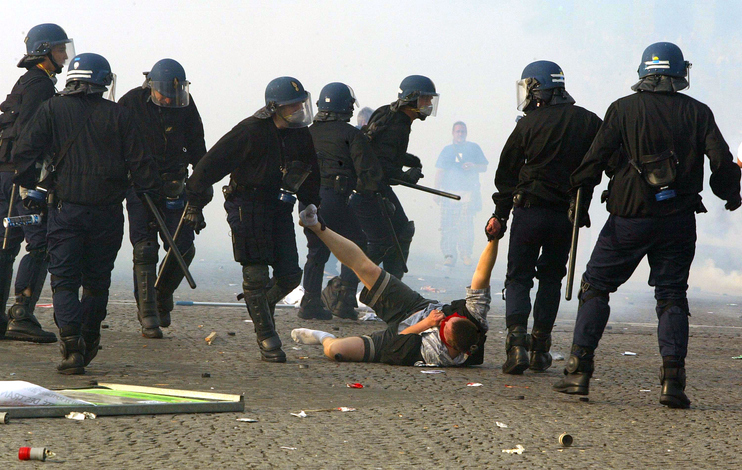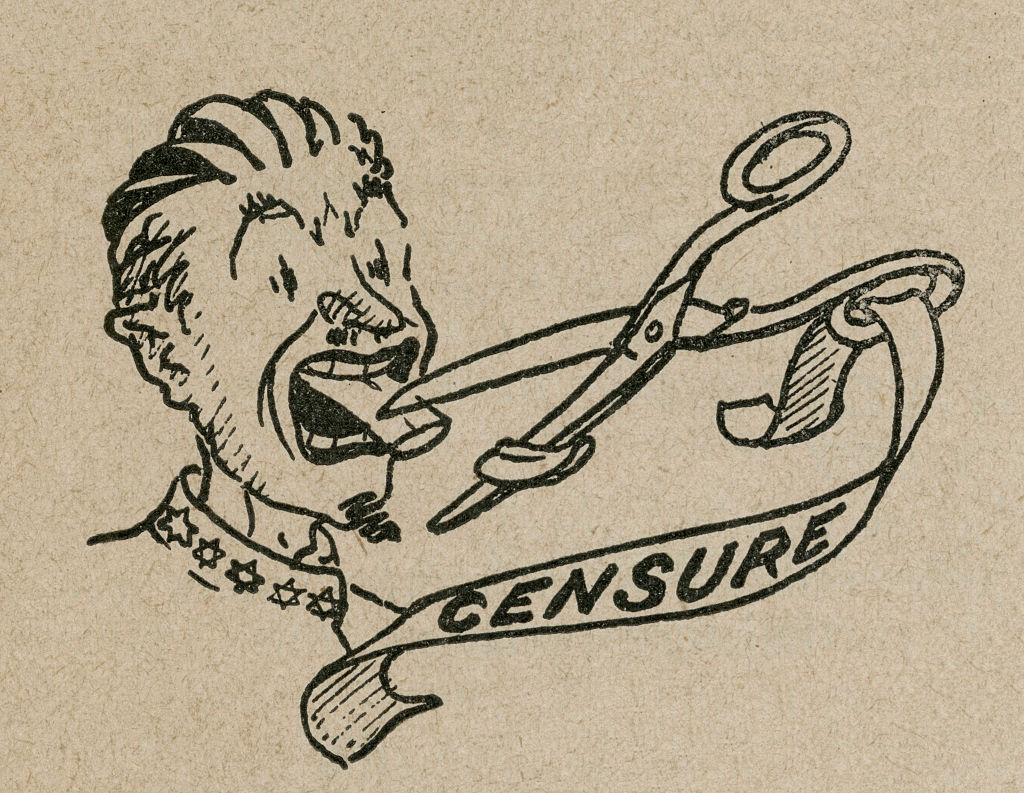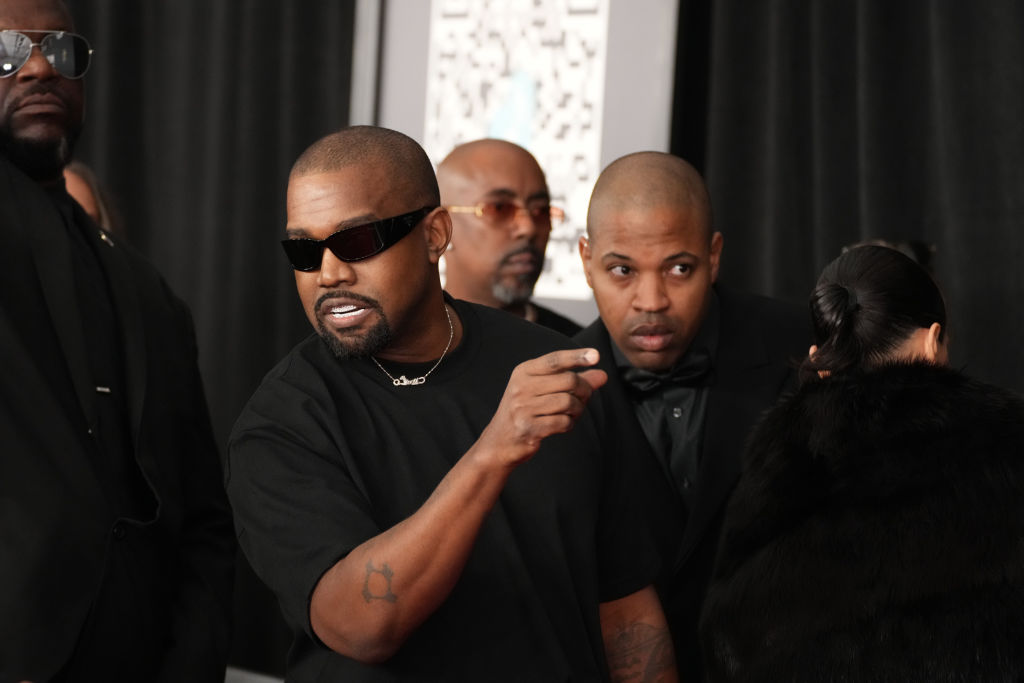Punk duo Bob Vylan and rap group Kneecap’s sets at the 2025 Glastonbury Festival have triggered criminal probes and a revoked US visa, amid accusations of hate speech.
On June 30, London punk-rap duo Bob Vylan had their US visa revoked immediately before a planned tour.
“Foreigners who glorify violence and hatred are not welcome visitors to our country,” said Christophe Landau, deputy secretary of the US State Department.
Vylan’s talent agency soon followed suit, with the United Talent Agency removing the group’s name from its website.
But the backlash did not end there.
Avon and Somerset police have now opened a criminal investigation into Bob Vylan and Northern Irish rap collective Kneecap following their controversial Glastonbury appearances.
The groups, both known for politically charged lyrics, continued in provocative vein during their respective sets.
Bob Vylan’s June 29 performance at Worthy Farm’s West Holts Stage saw frontman Bobby Vylan lead chants of “Free Palestine” and “Death to the IDF,” along with “From the river to the sea, Palestine will be free.”

The BBC aired the set live with a disclaimer for “very strong and discriminatory language”.
UK Prime Minister Sir Keir Starmer condemned the performance as “appalling hate speech,” and demanded answers from the BBC as to why it continued the broadcast.
Culture Secretary Lucy Frazer said July 1 she had also personally contacted BBC Director-General Tim Davie to ask why the performance had been broadcast in full.
The BBC, in response, issued a statement June 30 calling the performance’s antisemitic overtones “utterly unacceptable”.
The broadcaster opted not to air Kneecap’s performance live, releasing only heavily edited clips of the set. Festival goer Helen Wilson broadcast the set live on her TikTok, receiving over one million views and earning free tickets to any Kneecap performances in the future.
Kneecap’s recent history has already tested the limits of lawful dissent.
The group previously avoided terrorism charges from the Metropolitan Police after footage from a 2023 gig showed a member shouting, “Kill your local MP. The only good Tory is a dead Tory.” London’s police said while it conducted a “thorough investigation”, any available summary offences “were beyond the statutory time limit for prosecution”.
At Glastonbury, Kneecap denounced Israel as genocidal, led chants of “Free Palestine”, and criticised Starmer for saying their presence at the festival was “inappropriate”.

Festival organisers were quick to distance themselves from both acts.
Glastonbury festival officials said: “With almost 4,000 performances at Glastonbury 2025, there will inevitably be artists whose views we do not share.”
But they then also drew a hard line: “We are appalled by the statements made from the West Holts Stage by Bob Vylan. Their chants crossed a line. There is no place at Glastonbury for antisemitism, hate speech, or incitement.”
Bobby Vylan appeared unfazed by the backlash.
Posting on Instagram, he acknowledged receiving a flood of both “support and hatred,” but concluded saying, “I said what I said.”
The controversy underscores a growing dilemma over where the line falls between protest and provocation, and between free expression and speech deemed too dangerous to permit.
Free speech advocate Konstantin Kisin weighed in, saying: “Free speech means stupid people get to sing stupid things. The right reaction is to mock, criticise, and defeat their worldview. Getting police involved is absurd.”
Music has long served as a vehicle for dissent, but the summer music festival has forced Western democracies again to confront the dilemma between free political expression and incitement.
From Nina Simone’s Mississippi Goddam and Bob Dylan’s Masters of War, artists have used the stage not just to entertain, but to challenge power and voice political convictions.
In 2025 so far, these protests have seemed to focus on Israel.
Grammy-winning US rapper Kanye West was facing growing opposition in Slovakia ahead of his scheduled performance at the Rubicon Festival in the capital Bratislava in July. https://t.co/O0Q6UlQ8Sn
— Brussels Signal (@brusselssignal) June 24, 2025





